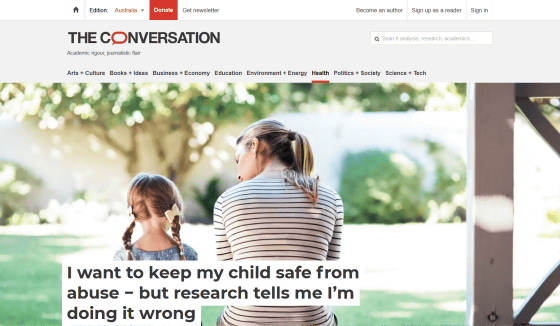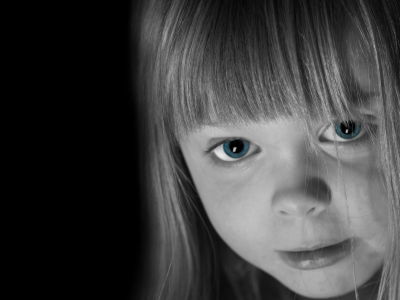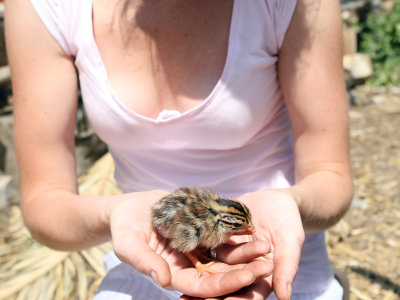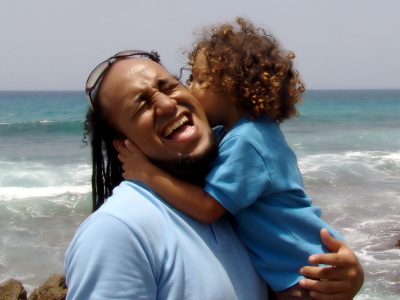Experts say that 'conventional measures against child sexual abuse have been wrong,' and that measures such as 'beware of suspicious strangers' and 'run away if you feel uncomfortable' are insufficient.

Many people have the perception that child sexual abuse is something that rarely happens, occurs out of reach of parents, or is done by strangers. However,
I want to keep my child safe from abuse - but research tells me I'm doing it wrong
https://theconversation.com/i-want-to-keep-my-child-safe-from-abuse-but-research-tells-me-im-doing-it-wrong-227562

Bright points out that the first mistaken understanding of child sexual abuse was that 'our view of what constitutes child sexual abuse was too narrow.' When most people hear child sexual abuse, they think of it as 'an adult sexually harming a child,' but non-consensual sexual contact between children also constitutes child sexual abuse. This includes sexual harassment and exposure, as well as forcing multiple children to have sexual contact with each other or taking sexual images.
It was also announced in 2024 that the majority of perpetrators of child sexual abuse cases in England and Wales were minors, rather than adults.
Shocking fact that more than half of child sexual abuse perpetrators are 'children' is announced - GIGAZINE

Bright also thought that 'child sexual abuse would not occur in our community,' but this was also a mistake. According to data released in March 2024, 10 to 20 percent of children have experienced some form of sexual abuse, so it is quite possible that classmates in the same classroom as children are being sexually abused.
It is also a mistake to think that child sexual abuse only occurs in certain groups; child sexual abuse occurs across all ethnicities, socioeconomic statuses, and gender identities. So far, more girls have been reported as victims than boys, but it is possible that boys are being underreported due to stigma and cultural norms regarding masculinity. In fact, sexual abuse of minors by clergy has become a social problem in the Catholic Church in Germany and France , and it has been reported that the majority of victims were boys.
French report finds that around 3,000 priests sexually abused children - GIGAZINE

Furthermore, it is a mistake to assume that the person who sexually abuses a child is a 'suspicious stranger (man)'. Bright points out that more than 90% of child sexual abusers are people who have known the victim or their family for some time, and are trusted members of the community or sometimes even family members .
'In other words, parents need to watch the circle of people they invite into their home, rather than watching for strangers in the park,' Bright said. 'To be clear, stranger sexual abuse does occur, and children need to be taught to be wary of strangers, but this is the exception rather than the rule when it comes to child sexual abuse.'
The good news is that child sexual abusers are not born evil and can be rehabilitated. The five-year recidivism rate for adult child sexual abusers is only 13% and for adolescents is about 5% , significantly lower than the one-year recidivism rate for adults who have committed any serious crime, which is about 44%.

Bright lists the following things parents can do to protect their children from sexual abuse:
Avoid vague and confusing words
Some people may want to avoid a direct conversation with their children about sexual abuse, telling them, 'If you are touched in a bad way, run away and tell me.' However, touch that constitutes sexual abuse is not necessarily 'bad touching' or 'nasty touching.' There are cases where the child feels physical pleasure, and cases where the perpetrator makes the child believe that it is 'loving touch.'
Therefore, Bright argues that parents should make it clear to their children 'where it is OK to be touched and where it is not OK to be touched.' Specifically, it is necessary to clearly identify and teach all parts of the body, such as 'head,' 'shoulders,' 'penis,' and 'vagina.' By proactively discussing body parts openly from parents, it can also prevent children from being vague or avoiding specific references when they are sexually assaulted.
◆ Encourage children to develop autonomy
Teaching that 'hugs from family members are good and hugs from strangers are bad' is also wrong, and if a child cannot refuse a hug from a family member, it will contribute to the child's perception that 'they have no autonomy over their own body. Therefore, if Bright's son hesitates when asked to hug by other family members or relatives, he steps in between them, holds the child's shoulder, and makes sure to tell him that physical contact is not required.
Bright gently warns people, 'She has a little bit of personal space, so we're teaching her that she can decide who touches her and when. Instead, she likes to give high-fives to show affection,' and avoids using phrases that make people feel guilty, such as 'I'll be sad if you don't hug me' between family members.

◆ Promote empowerment
In a survey of adult sex offenders, the biggest deterrent to sexual crimes was 'children's voices and assertiveness.' In other words, children who clearly express 'I don't like that' or say 'I'll tell someone if something bothers me' are less likely to become targets of sexual abuse. For this reason, Bright advises that promoting children's
◆Monitor your child's social media
Several studies have shown that monitoring children's social media can help prevent behaviors such as sexting and viewing pornography, which are risk factors for child sexual abuse.
◆ Talk to adults in your community and school
Even parents can't watch their children 24/7, so it's important to talk to adults in your community, such as school teachers and club coaches, who look after your children, about preventing child sexual abuse. This may be an awkward conversation, but you should be honest and tell them, 'This may sound strange, but it's an important question for parents,' and talk to them regularly. Some municipalities provide sexual abuse prevention education to school teachers, and sports organizations may have procedures in place to protect children.

Finally, Bright advises that when researching child sexual abuse online, stick to relatively recent sources published in peer-reviewed journals within the last five years, 'and prepare to be surprised -- you may find that long-held assumptions are based on outdated and harmful information,' she says.
Related Posts:
in Note, Posted by log1h_ik







